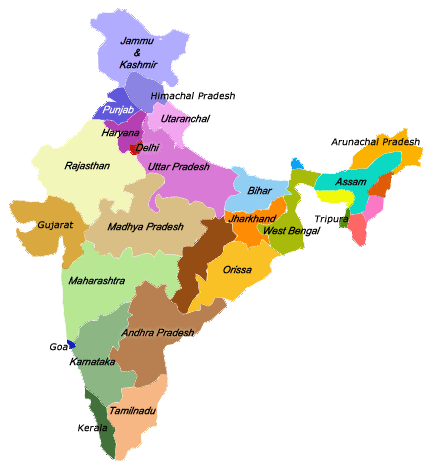Seth Godin discusses about how business model changes when a ground breaking innovation show up:
"When the form changes, so does the underlying business model, which of course changes the function as well.
Mail ---> email
Books ---> ebooks
DVD ---> YouTube/Netflix
1040 ---> Online taxes
Visa ---> Paypal
Open outcry ---> Electronic trading
Voice call centers ---> forums and online chat
Direct mail ---> permission marketing
In each case, the original players in the legacy industry decided that the new form could be bolted onto their existing business model. And in each case they were wrong. Speed and marginal cost and ubiquity and a dozen other elements of digitalness changed the interaction itself, and so the function changes too.
The question that gets asked about technology, the one that is almost always precisely the wrong question is, "How does this advance help our business?"
The correct question is, "how does this advance undermine our business model and require us/enable us to build a new one?"
There are projects that are possible with ebooks or Kickstarter or email that could never have worked in an analog universe. Most of the money made in the stock market today is via trading approaches that didn't even exist thirty years ago.
When a change in form comes to your industry, the first thing to discover is how it will change the function."
I wanted to go further in Seth's point. Indeed, Seth points out that when such an innovation comes up, most of the time, it is not the leader of its market which benefits from it, but a new company mastering and understanding what the innovation will bring. This is what the famous phrase is about: "This is not carriage makers which became car manufacturers".
Most of the time, the large companies dominating one mature markets can not really compete with smaller actors, because their expertise, their business model, and their operating costs structure are going in limbo, and are not organized how they should to adopt the innovation.
But what should the company do? Indeed, if it will not be able to compete with the new business model, the company must find a new way to grow, and to keep its revenues up.
Kodak failed to adapt to the appearance of digital cameras: Kodak ruled the market of personal cameras. Its business model was based on the sales of films. But its business model was not possible anymore once digital cameras appeared, and therefore sales plumetted.
As a matter of fact, it is very difficult to make deep changes in one company in order to change one business model. Some companies succeeded though, like IBM, which shifted from building computers, to becoming more of a consulting firm.
The question remains open. But maybe the easier way to abord dramatical changes due to an innovation is probably to leverage the blue ocean strategy, and to find a new market where the company's ability and skills.
What do you think about it? Do you have examples to share?




